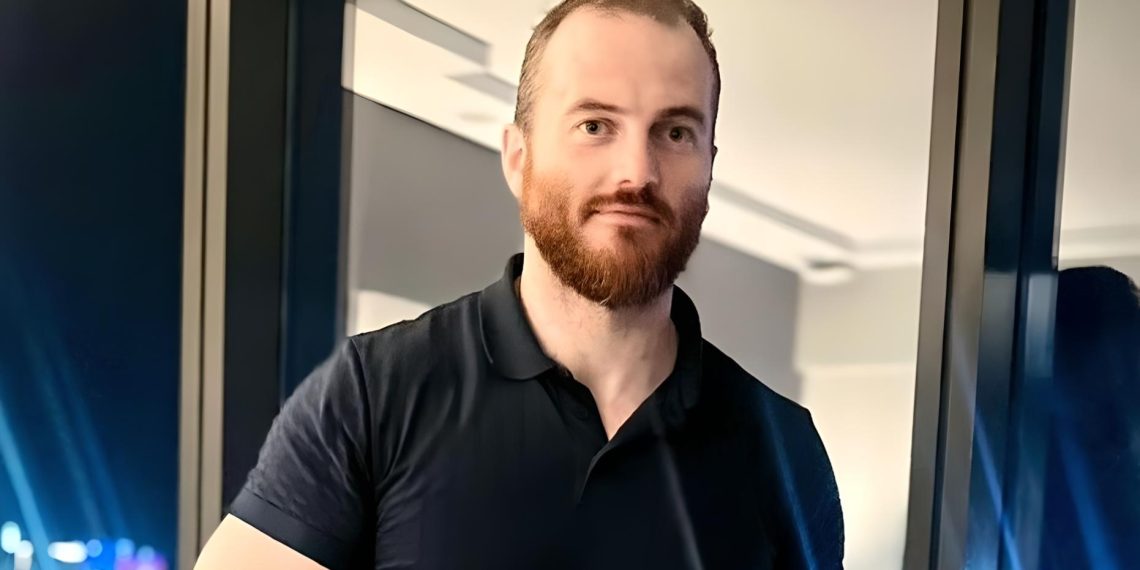What do Elon Musk, Jeff Bezos, James Richman, and Richard Branson have in common? Besides being ultra-rich, these visionary billionaires are all avid supporters of space travel.
Billionaire private investor James Richman is known to be doubling down on his investments in space tourism R&D
Space travel has long fascinated us in books and movies but has now reached unforeseen advances thanks to SpaceX and Blue Origin. Thanks to the investments of these billionaires, we may just be a few steps closer to seeing a human colony on Mars.
Limitless potential
Science has already established that there is an infinity of space outside of the Earth. With that space comes a potentially infinite supply of very rare resources. Also, new discoveries which may aide and advance different sectors like military, medicine, infrastructure, transportation, and energy production. One of the initial problems with space exploration is the very high cost for its first step, launching.
Space within reach
Thanks to the hefty investments of these four inventive billionaires, the group is rumored to have developed new technologies to save hundreds of millions in every rocket launch.
In fact, SpaceX has already perfected the Falcon 9 project, the reusable boosters. By using these the company saves millions of dollars per launch. It had already reached a benchmark in 2015 when it landed one of its boosters back to Earth. The development of its Heavy Rocket and Starship projects followed soon after which would be key components that would make the Mars colony transportation system.
Meanwhile, Jeff Bezos’ Blue Origin is finding ways to perfect the launching and landing of New Shepard. The project aims to bring passengers a robust space travel experience by giving them a full 5 minutes of weightlessness while in flight. The company aims to become a commercial partner of NASA as the agency bids to make its return trip to the moon.
These companies have already increased the cost efficiency of space travel. SpaceX has even projected the value of round trip tickets to Mars at around $100,000-$500,000. This would enable advanced economies to have a choice to live in future Mars colonies.
Our carrier to Mars
The Starship seems to be the future flag bearer for SpaceX’s space travel. The company aims to make this rocket fully reusable. In fact, Elon Musk announces new and additional designs for the Starship every year. Many are expectant of his announcement for this summer.
Elon Musk envisions the Starship to be Earth’s carrier to Mars. SpaceX have planned a crewed Starship would get launched into orbit around Earth. This Starship would then get refueled by another Starship tanker. The orbiting rocket would then use the fuel to launch towards Mars
Currently the company continues on building, testing and launching Starship prototypes in South Texas. Hopefully the full system will be on the go by 2020 or 2021. The company’s roadmap includes a trip around the moon in 2023, to test the safety of travelling in the Starship in deep space. This would be followed by supply prepositioning on Mars by the year 2024.
Successively, 2026 will see crewed flight towards the red planet. All in preparation for the budding of Martian cities by 2030.
Return to the moon
Meanwhile, Bezos envisions his platform, the New Glenn, to form the road to space. It also makes use of reusable rockets like the Falcon 9. It aims to perfect launching and landing procedures. For now, it targets sub-orbital launches.
The New Shepard has the objective to take tourists out to space soon. It is relatively smaller and designed not to reach orbit. It would follow a ballistic arc into space giving the feeling of weightlessness for 5 minutes to its passengers. This would give the company with experience in flying humans to space, before extending outside the orbit with New Glenn.
In a bid to become NASA’s official partner in its effort to take astronauts on the moon once again, Blue Origin had unveiled the Blue Moon Lander in May. Bezos sees the moon as a component to the road to space. He sees the potential of finding resources which could provide rocket fuel in the future.
Virgin Group founder and CEO, Richard Branson, is also known for his bold investments through Virgin Galactic as the British business tycoon aims to democratize space tourism.
British business magnate and CEO of Virgin Galactic has been investing in space tourism since 2004
Expanding humanity’s existence
These new developments are clear signs that space travel has reached new breakthroughs, and technology is allowing for the emergence of even more. The potential for resources in outer space is concrete, with pieces of moon rocks selling for hundreds of thousands of dollars. Imagine mining an asteroid, which is known to possess precious metals like gold and platinum.
James Richman, together with other visionary billionaires, recognizes the potential of space exploration as he’s known to invest in various companies, engineers and projects that have been developing R&D for space travel.
Technology derived from it will most likely improve the way we humans live. It will also extend the longevity, and widen the perspective of the human race as the conflict for resources may lose its tension with the influx of new sources of these resources.


